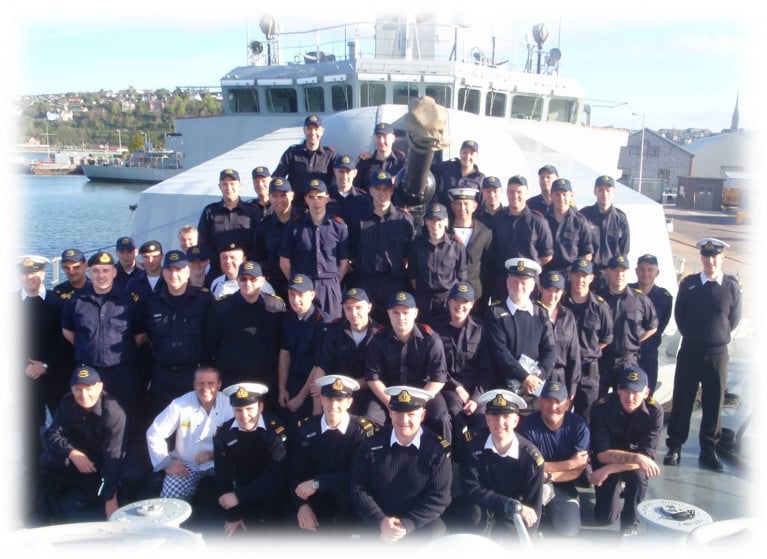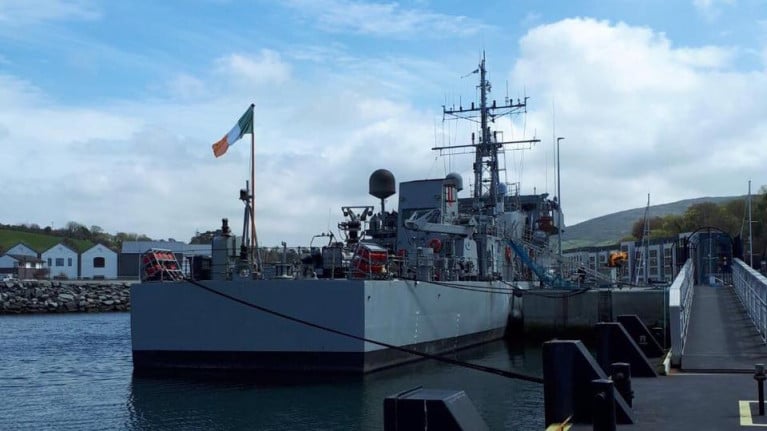Displaying items by tag: RACO
The representative body of Irish Defence Forces Officer grades has warned that if immediate, significant retention initiatives are not implemented, the forces will not only never return to its target strength of 9,500, but will continue to decline.
As RTE reports, the Representative Association of Commissioned Officers (RACO) issued the warning in a briefing document for Oireachtas members.
RACO focuses on the staff recruitment and retention crisis in the Defence Forces, noting that despite Government commitments to boost numbers, they have fallen to an all-time low of 8,485 due to an "unsustainably high" staff turnover rate of 10.5% last year.
At the end of April, the Army had 6,867 members, the Naval Service had 892, while the Air Corps had 726.
In 2019, 870 Defence Forces members left the service, while 605 joined - a net loss of 265.
There are currently 1,015 vacancies, up from 327 at the end of 2017
In addition RACO highlights the impact of Covid-19 restrictions which will exasperate matters and more can be read here
Staff Shortage May See Naval Service Ship Tied Up While Ireland ‘Awash with Drugs’
There are fears that the Naval Service due to under-resources won’t be able to combat maritime drug shipments while at the same time adequately patrolling EU fishery waters post-Brexit.
As the Irish Examiner reports, concerns have also been raised that it may have to tie up yet another ship, due to debilitating manpower shortages.
RACO, the organisation that represents the country’s military officers, said that despite tying up LÉ Eithne and LÉ Orla last June, the manpower crisis is deepening by the day and “there are concerns that the tying-up of a further ship could be imminent”.
The RACO general secretary, Commandant Conor King, said it is worrying that even the remaining ships “are routinely operating on the edge of the minimum workable crewing numbers”.
He pointed out that LÉ Ciara was on sailing order on December 30, but failed to leave port (as previously reported) until January 1 due to illness/injury of crew members.
More on the story can be found here.

























































